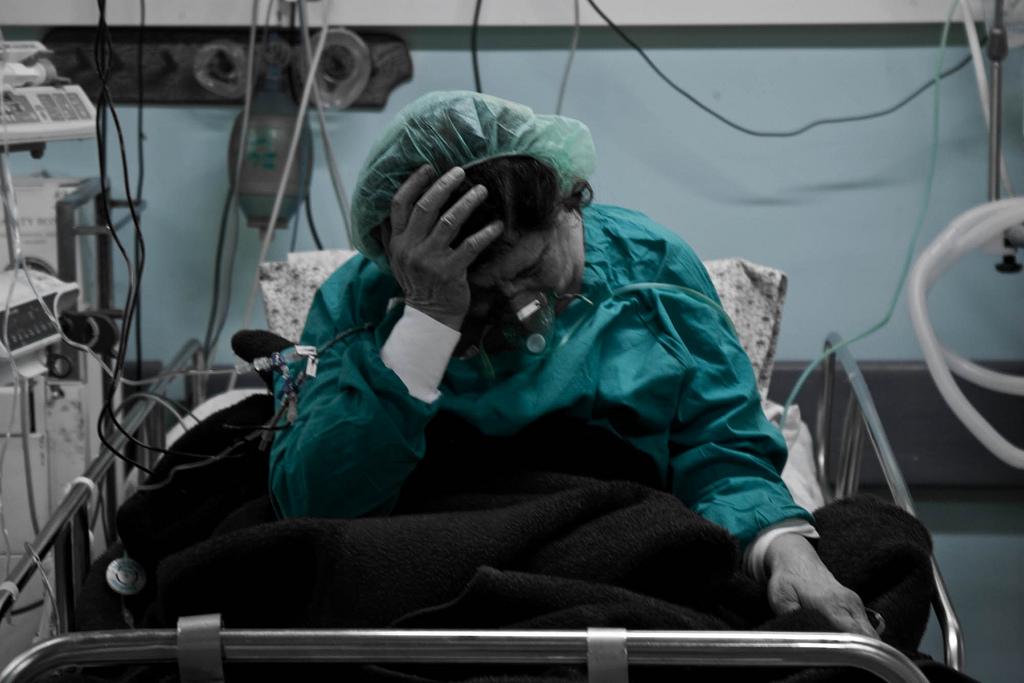In Gaza, having light available in the emergency room can determine if a patient lives or dies- solar panels could solve this problem for good. Canadian doctor Ben Thomson is a volunteer doctor in Gaza, who has had patients die in his hands because he was forced to operate in the dark. What would have normally taken me five minutes or less, took me about 25 to 30 minutes, and the boy died … because of something that was easily preventable,” said Dr Thomson.
“That could have been fixed. He could have survived, had I been able to see what I was doing. People are dying in Gaza quite often, regularly, every single day because of the lack of electricity.”
For years now Gaza has suffered a chronic power deficit due to Israel’s blockage, and in 2014 their power plant was destroyed in an assault. Even before the war, only half of Gaza’s total electricity needs were being supplied.
Power outages are regular, and can be over 16 hours long. When power does become available, it’s sporadic, in around five to eight hour intervals.
According to Dr Thomson, the solution was obvious.
“The solution was [that] we need to have a sustainable, consistent, reliable source of energy that can be stored and used,” he said.
Luckily for them, Gaza is rich in sunlight, with an average of 320 sunny days every year. This made solar power an extremely attractive option.
The launch of Empower Gaza
Dr Thomson and some other Canadian doctors got together during the summer and launched Empower Gaza, which is a project aiming to install solar power systems on hospitals in the territory.
The organizers raised enough funds via Indiegogo to pay for the installation of panels on al-Aqsa hospital, and $1.5m was donated by Islamic Relief Canada, which is enough to fund installations on another 6 major hospitals.
These panels will provide a clean and reliable energy source to ensure that emergency rooms, operating rooms and intensive care units have light 24 hours a day.
al-Shifa hospital had solar panels installed in 2014 and since then their intensive care unit has had no power interruptions.
The hospital director Medhat Abbas said that, “We have [protected patients] from the electricity problems occurring in the rest of the hospital, due to shortages of fuel and dependency on generators that consume fuel equal to $10,000 daily,”.
Solar power for private homes is also becoming more popular.
A $1,500 solar power unit can supply a family with enough power to run fridges, heaters, water pumps, lamps and other appliances. However, many poor families can still not afford this, and turn to burning coal or wood instead.
As well as being bad for the environment, this is not a safe option.
“Some leave the fire on when they go to sleep. Last winter, we had at least three or four incidents where the fire spread in the home because the family left it while they were sleeping … It was a real tragedy,” said a Gaza resident Nader Abd el-Naby.
Photo courtesy of Kashfi Halford



